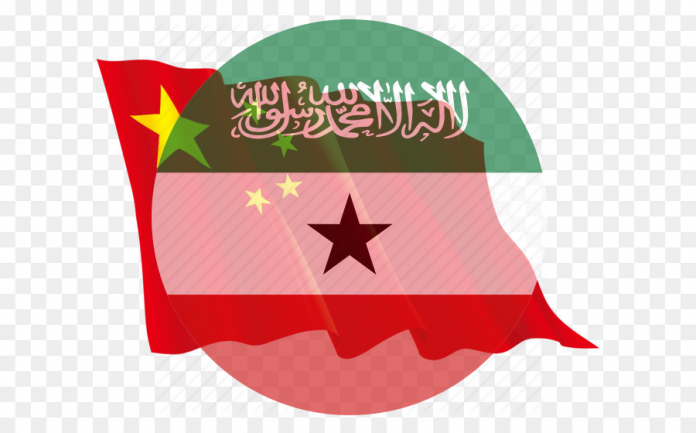David versus Goliath: largely unnoticed by the global public, a small African state is playing poker with the great power China. It’s about Taiwan, and it’s about recognition, power and money. Beijing’s leadership is alarmed and sends diplomats first.
In Africa, a small state that is not recognized under international law is questioning Beijing’s one-China policy. The East African Republic of Somaliland, split off from Somalia, is diplomatically flirting with Taiwan and wants to establish official relations with the island republic that was once split off from China. The government in Beijing is alarmed and is sending diplomats to Somaliland’s capital Hargeysa. Because the region is not only located on the strategically important Gulf of Aden, not far from Beijing’s naval base in Djibouti, but could also set a precedent. Because in Africa only the mountain kingdom Eswatini (formerly: Swaziland) maintains diplomatic relations with Taiwan.
With its generous investment policy on the continent, Beijing has so far successfully prevented such relationships. “Somaliland’s engagement with Taiwan is unexpected and certainly not without risks; but it has already successfully raised the importance of the question of Somalia’s unity and also that of Somaliland’s sovereign status internationally, ”said Canadian country analyst Matt Bryden of the German press agency.
The analysts of the consulting firm International Crisis Group (ICG) also believe this, pointing to movement in the decades-long stalled dialogue between Somalia and Somaliland. “It seems as if China is stepping up its involvement in wooing Somaliland – but it is reluctant to drop its newfound relationship with Taiwan in favor of a larger Chinese involvement,” observed ICG country specialist Omar Mahmood. Abdullahi Nor Hashi, a London-based security expert, is more likely to believe in power poker. “Because of its current diplomatic status, Somaliland is not in a position to influence or disrupt China’s foreign policy towards Taiwan,” he says.
China is one of Africa’s most important trading partners. Several major powers are vying for influence there, from China to Saudi Arabia. The EU also wants to get involved – as does Russia, which, like before the collapse of the Soviet Union around 30 years ago, wants to show its strength again on the African continent. Beijing likes to show itself to be helpful in Africa – even when it comes to reaching for the stars by launching satellites from African countries into space at low prices. With its billions, Beijing has for years skilfully operated an “infrastructure diplomacy” as part of its geostrategic “Silk Road” initiative.
It invested billions in roads, railways, ports and other infrastructure projects to open up new trade routes. China is also cleverly using the vacuum created by an emerging US withdrawal. The initiative is at the center of a world order in China’s sense and is not undisputed. Critics warn poor countries in particular of a debt trap and political dependency on Beijing.
But Corona has brought some resentment in relation to Africa. Africans in the southern Chinese metropolis of Guangzhou complained of discrimination and allegations of allegedly spreading the new coronavirus. In the city of 13 million people, according to media reports, Africans were briefly put on the street by their landlords, turned away in hotels, arbitrarily asked to take virus tests or quarantined for 14 days, even if they had not left the country for a long time. Even the African Union felt compelled to protest officially. Since then, China has been relying on confidence-building measures, donating aid supplies and masks.
Allegations that China is exploiting Africa in a similar way to other European colonial powers are firmly rejected in Beijing. “The economies of China and Africa enjoy good cooperation and mutual trust,” says Zhu Weidong, a professor at the Chine
By Ralf E. Krüger and Jörn Petring (dpa)




























